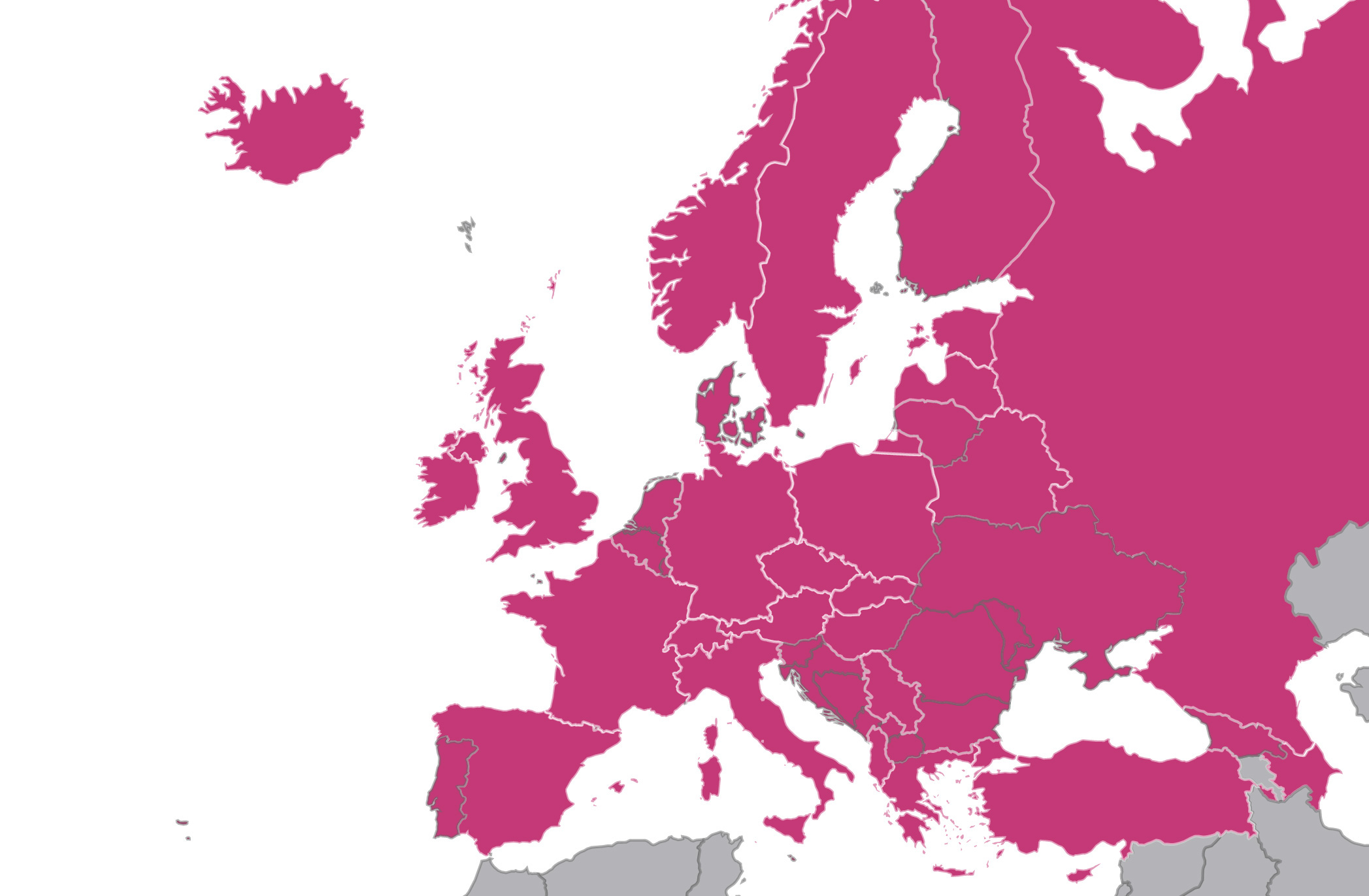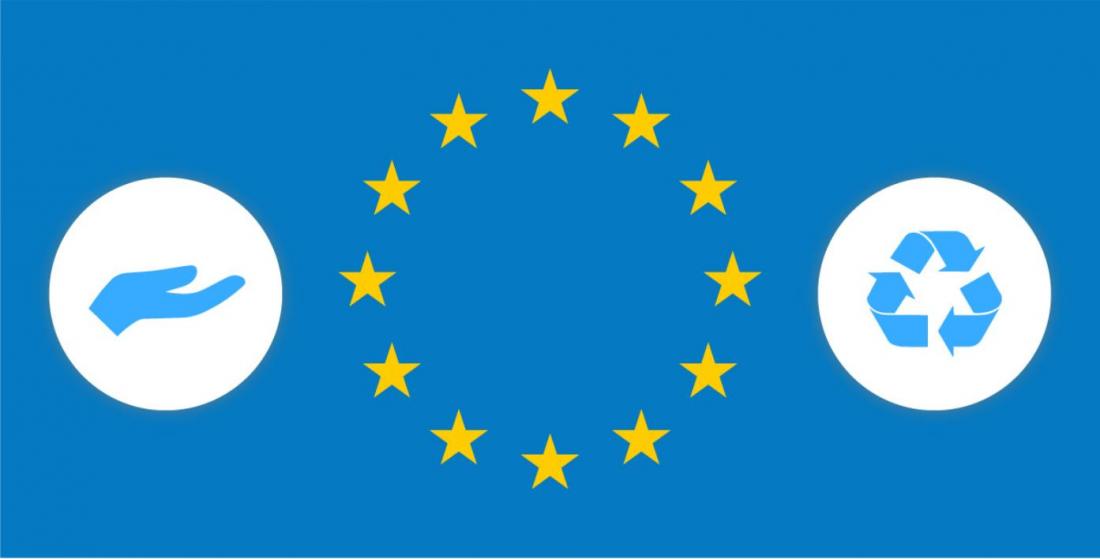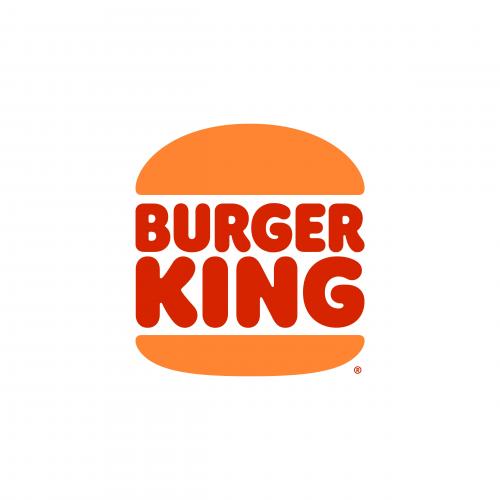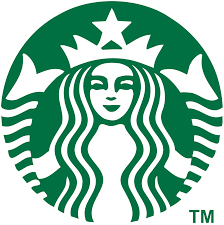
Franchising in the branded food & beverage service chain sector
Our view in a snapshot
- A successful business model for our sector, which is widely used and highly appreciated
- We see no need for additional EU regulation
- Best practice guidelines for EU operators could be helpful
- Pre-contractual disclosure obligations are to be encouraged
A deal between two conscious parties
Franchising is a form of B2B relationship agreed between two parties of their own “free will”. The terms of the deal are clear in advance and it is in both parties’ interest that it works for everyone in practice. Both franchisors and franchisees benefit from this business relationship and, at the same time, they rely on each other: franchisees depend on the maintenance of the brand and product expertise of the franchisors, while franchisors depend on the local economic savviness, stability and entrepreneurship of their franchisees.
A successful business model driving growth
Serving Europe represents both franchisors and franchisees. In our experience, franchising works very well in our sector. It has been a motor of growth for the branded food & beverage service chains in Europe, typically promoting entrepreneurship, economic development and employment at the local level. From time to time, there may be reports of disagreements between franchisors and franchisees. Disputes may arise in any business relationship; it is not an exclusive feature of franchising. In the event that there is abuse by one side or the other, remedies are typically found in regulations dealing with fair/unfair trading practices rather than in competition law.
No need for more EU law at this time
Franchising is currently covered by the Commission Regulation on Vertical Restraints No 330/2010. The correct implementation of this piece of EU competition law and dispute settlement procedures at national level can guarantee that any issues arising from franchise agreements are dealt with in an effective and fair way by competent national authorities. In line with the “Better Regulation” approach adopted by the Juncker Commission, we believe that no additional EU law is needed.
Best practice guidelines for EU operators may help
While we see no major problems in our sector, it may be that promoting best practice across all sectors would help avoid points of conflict when operating franchising agreements, especially for new entrants to this type of B2B relationship. The European Commission could take a lead in this regard.
Pre-contractual disclosure obligations
Clearly defined and timely pre-contractual disclosure obligations can help ensure that both parties in franchising contracts are on an equal foot and are able to enter into a binding agreement (of their own “free will”) with all the relevant information to be able to make a sound and informed business decision. Disclosure should be at an early stage, to allow both parties to consult expert advisors or carry out specific assessments, as appropriate.
























